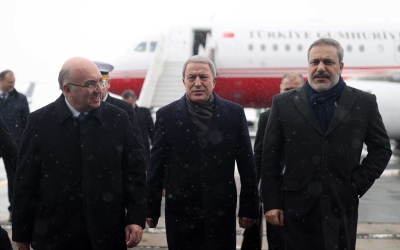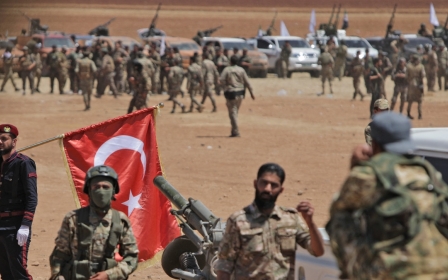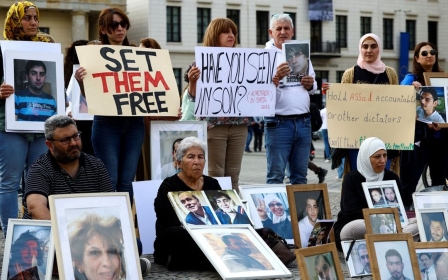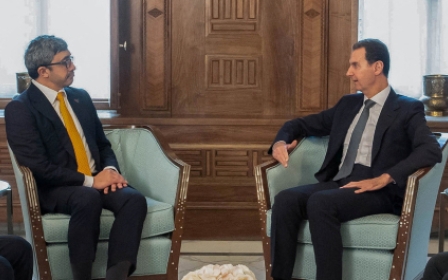UN renews Syria cross-border aid for six months
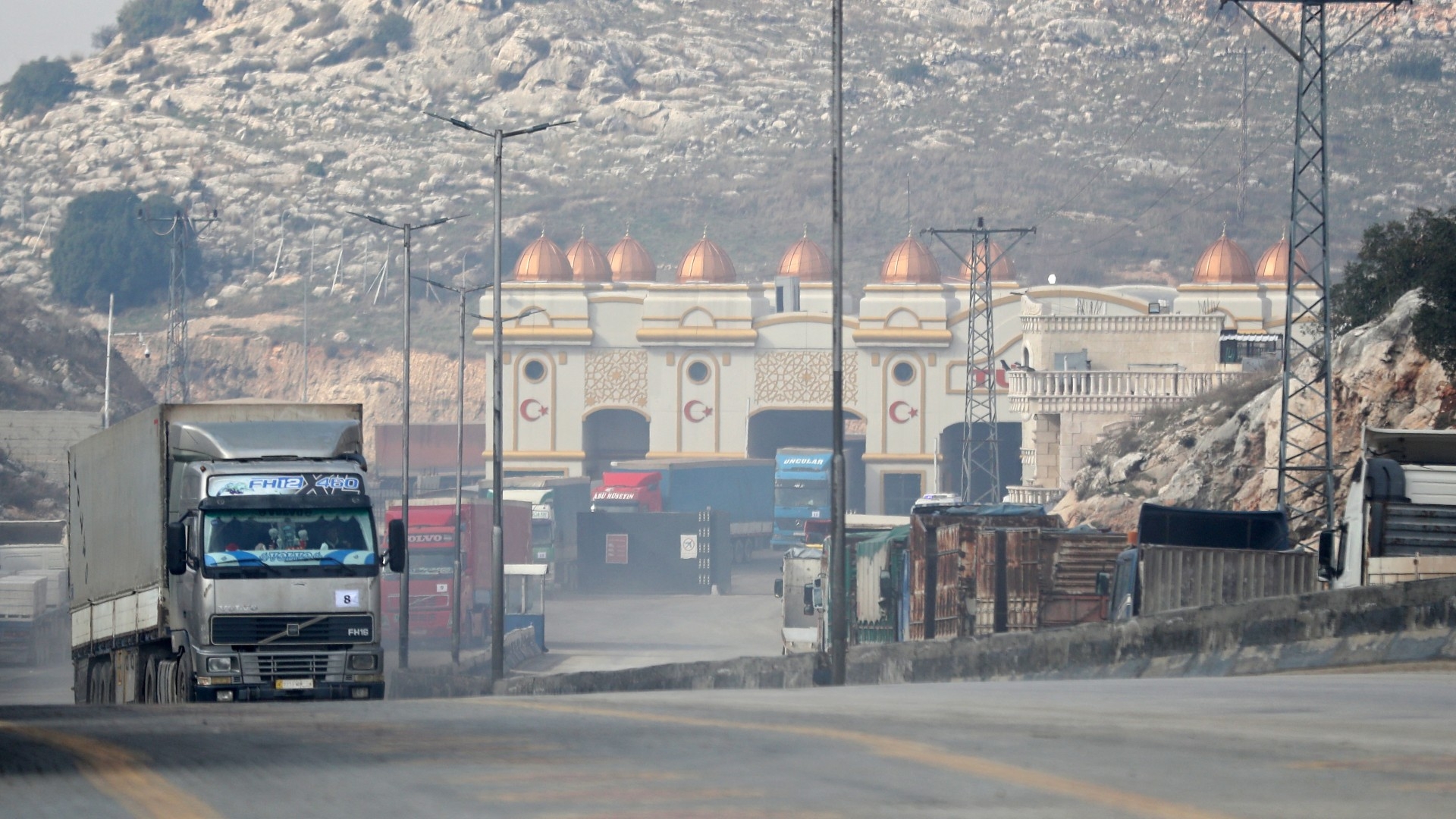
The UN Security Council voted unanimously on Monday to keep a humanitarian aid corridor into northwest Syria open for another six months, with Russia surprising by joining the rest of the UNSC members in approving the resolution.
The mechanism, which has been in place since 2014, was set to expire on Tuesday without another UN extension.
Analysts and diplomats were concerned about Moscow's efforts to block the extension.
Moscow, the primary backer of Bashar al-Assad's Syrian government, has already used its veto power on the Security Council, along with China, to shut down crossings in Jordan, Iraq and Turkey which the UN established to ensure aid reached civilians across all lines of the conflict.
Russia claims that Damascus is capable of distributing all international aid and that crossings in rebel-held territories are a violation of the government's sovereignty.
Russia's invasion of Ukraine has added a new layer of tension with the West, leading analysts to worry it might seek to pressure its foes by blocking UN aid into Syria.
More than 1,000 truckloads of aid pass through the Bab al-Hawa border crossing between Syria and Turkey each month, mainly serving the 3.4 million people living in Syria's northwest Idlib region, one of the last bastions of rebel-held territory in the country.
But the organisations say such arrangements cannot replace a cross-border operation and that they do not trust the Syrian government to distribute the aid fairly to areas under rival control.
“Today's vote allows the Syrian people to breathe a sigh of relief,” said US envoy to the UN, Linda Thomas-Greenfield. “But while this lifeline will continue to operate, so much more could have been done and so much more still needs to be done.”
Moscow's UN envoy, Vassily Nebenzia, said Russia's support of the six-month extension "should not be viewed as a change in our principled position" on the mechanism, calling for "respect for Syria's territorial integrity."
In July, the council approved a resolution extending humanitarian aid deliveries to Idlib, which is home to 4.1 million people, many of them displaced by the more than decade-long war.
The vote comes as Syria's economy teeters on the brink of collapse. According to the UN, 90 percent of the country is living in poverty. Power outages for up to 20 hours a day are common in the capital, while Syria's currency has been decimated by hyperinflation.
The UN estimates that 15.3 million people will need humanitarian assistance in 2023.
Middle East Eye propose une couverture et une analyse indépendantes et incomparables du Moyen-Orient, de l’Afrique du Nord et d’autres régions du monde. Pour en savoir plus sur la reprise de ce contenu et les frais qui s’appliquent, veuillez remplir ce formulaire [en anglais]. Pour en savoir plus sur MEE, cliquez ici [en anglais].


